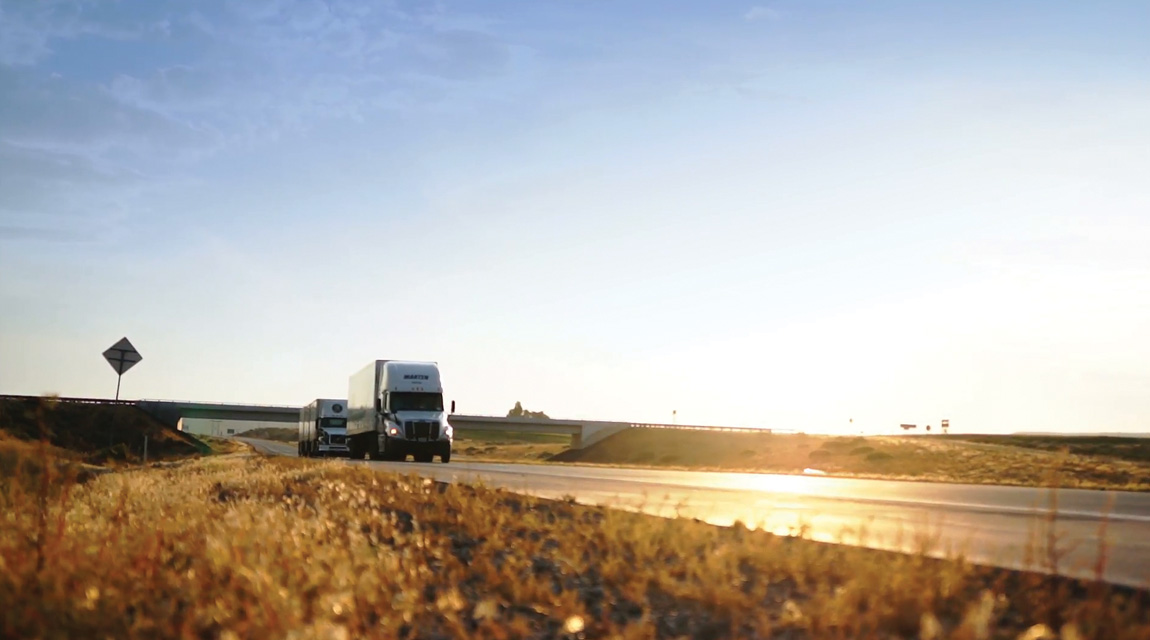Zimbabwe tightens regulations for transit trucks and transporters

Stricter road regulations for hauliers transporting goods in transit through Zimbabwe have been blamed for exacerbating the already lengthy delays at its overburdened border posts.
In late 2017, the Zimbabwe Revenue Authority (ZIMRA) published amendments to the Customs and Excise (General) Regulations aimed at improving the management of cargo in transit. The amended regulations impose additional costs on transporters – both in terms of the new fees and penalties, as well as the costs of additional delays at the border posts.
The amendments address the key issue of preventing deviation by trucks while in transit and strictly limit the time that goods may remain in transit in the country. Transporters risk a US$ 2 000 (R26 886) fine for deviating from the route prescribed by the Commissioner General of ZIMRA. Goods may only remain in transit in Zimbabwe for a maximum of three days, including weekends and public holidays. Transporters, however, say this is unrealistic and unreasonable.
The amended regulations impose a sealing fee of US$ 30 (R403) on all trucks carrying transit cargo. All road vehicles and containers conveying goods in transit must be fitted with a device to facilitate customs sealing. Any seals (including electronic seals) on containers and vehicles may not be broken or tampered with.
No containers or vehicles conveying goods in transit may be opened while in Zimbabwe. Any transporter who tampers with, loses, or breaks a seal without authorisation risks a penalty of US$ 1 300 (R17 476).
Where a road vehicle or container does not have a locking system, the hinges must be fitted so that the doors and closing systems cannot be lifted off the hinge pins once shut. Screws, bolts, hinge pins and fasteners must be welded to the outer part of the hinges so that vehicles and containers cannot be opened by bypassing any seal.
Road vehicles conveying break-bulk cargo through Zimbabwe must be covered with a single tarpaulin tent with reinforced holes at the edges for the placement of magnetic sealing cables and electronic seals.
If a vehicle is carrying an abnormal break-bulk cargo, which cannot be covered by a single tarpaulin tent, the transporter must obtain written permission for the transit from the Commissioner General of ZIMRA.
Other road vehicles that cannot be covered or sealed as required by the Commissioner General may be escorted (at the Commissioner General’s discretion) with costs borne by the transporter.
Tanker owners face additional requirements. Tanker trucks must have a maximum of ten openings (including inlet valves on top and breathing valves), or one sealable control box to lock all openings, and a sealing rail on top to close all inlet openings if there are more than ten. All openings must have sealable holes with a minimum diameter of four millimetres for sealing.
Transporters whose trucks or tankers do not comply with the new regulations will either have to pay a deposit – equal to the duty on the cargo plus a third – to be refunded at the port of exit, or must apply for an escort by ZIMRA at the transporter`s expense, or risk fines and penalties.
Published by
Carol Holness
focusmagsa




